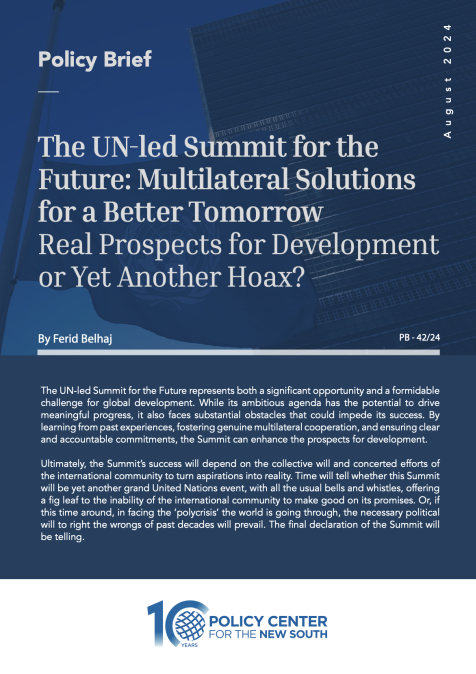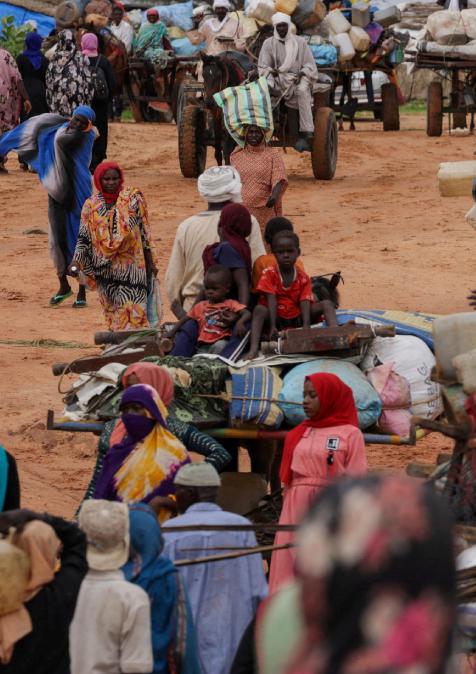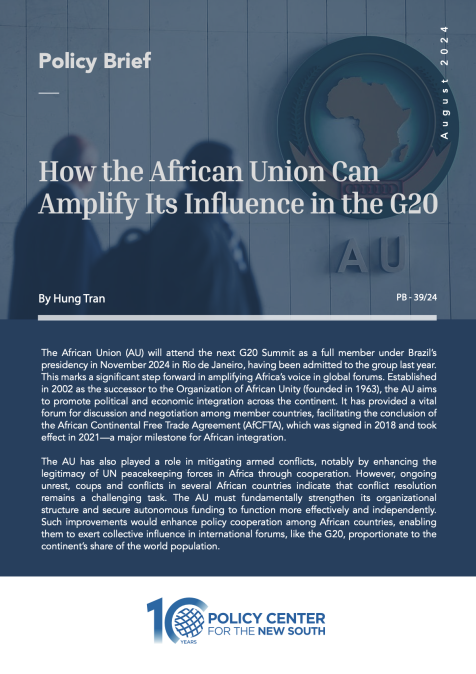Publications /
Policy Brief
Countries in Sub-Saharan Africa (SSA) currently face a yearly infrastructure financing gap ranging between $68-$108 billion along with other socio-economic challenges (AfDB, 2019). Debt financing remains a major source of growth as countries in the region work to achieve their developmental needs and the Sustainable Development Goals (SDGs). The levels of official development aid (ODA) and foreign direct investments (FDIs) remain volatile to fully meet the region financial needs. However, the sustainability of SSA external debt raises serious concerns if one looks at the rapid debt accumulation in recent years. This brief will highlight the recent changes in the nature and quality of debt in SSA along with details of the risks related to the shift in the creditors base. Finally, this brief aims to demonstrate the impact of these risks on debt sustainability and the future of development financing in SSA.
In the early part of the 21st century, debt sustainability challenged Sub-Saharan Africa (SSA) as it sought to reach the Millennium Development Goals (MDGs). Following two episodes of debt relief (HIPC and MDRI2), the average debt-to-GDP ratio has decreased from over 100% in 2000 to less than 40% in 2010 (figure 1), representing a debt stock reduction of almost $100 billion (IMF, 2017). This was a breath of fresh air that would have allowed SSA countries to sustain their current and future debt levels and promote development expenditures in the region.
However, with the stagnation in the level of official development aid following the Global Financial Crisis of 2007, and the difficulties of the region’s countries in mobilizing domestic resources to finance their infrastructure and socio-economic development needs










